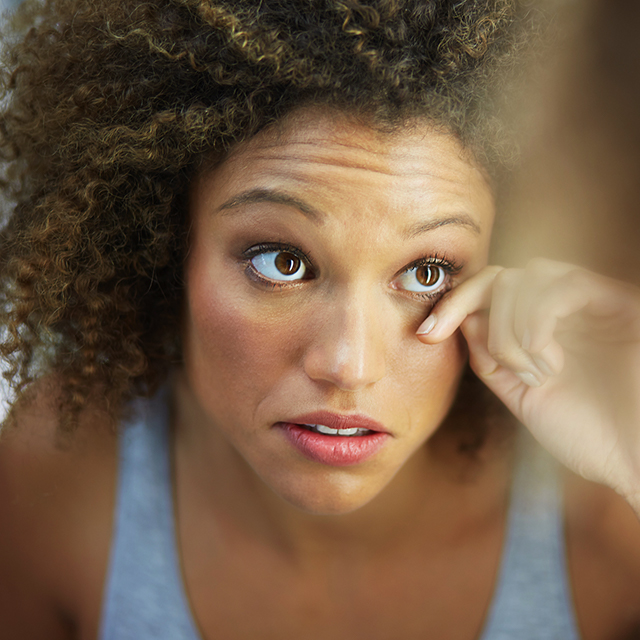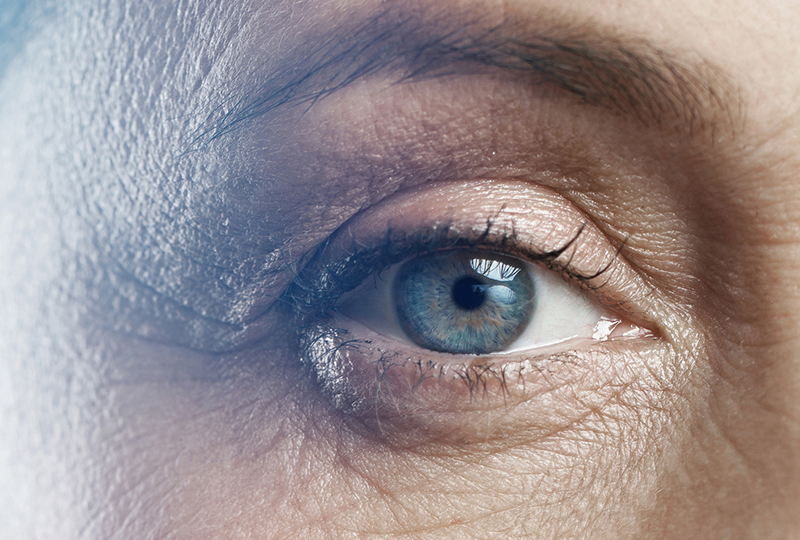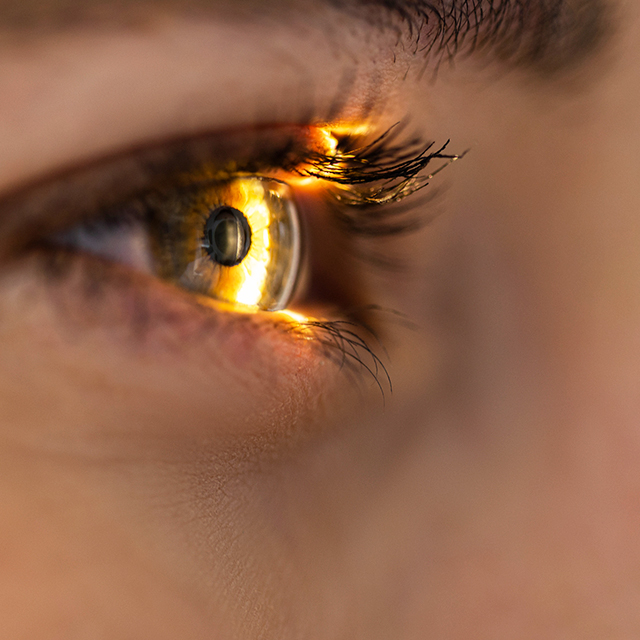Regular eye exams are important as we age.
Humans have a much longer life expectancy nowadays, compared to before the Industrial Revolution. But a longer life expectancy can be a challenge for our aging eyes. Although eye health is crucial at any stage of life, it becomes increasingly important as we reach middle age and beyond, therefore scheduling eye exams becomes even more critical.
“Between the ages of 50 and 60, natural changes to the eye and brain take place, and people have an increased susceptibility to age-related diseases,” said David Calkins, PhD, vice chairman and director for research at The Vanderbilt Eye Institute. “We’re fighting an uphill battle as we survive into our eighties and nineties and, in many cases, even older than that. The eye simply has not had time to adapt.”
The importance of regular eye exams
Follow the recommendations from your health care providers on how often you need eye exams.
“I think it is the responsibility of everyone involved in health care to promote understanding that, as we age, we need to have more frequent checkups,” Calkins said. “With the many things we have to take care of in our lives, we sometimes take our vision for granted.”
Natural changes to the eye
As we age, light tends to damage the eye lens, causing cataracts, which impact focus and clear vision.
“The good news about cataracts is that we are able to remove them,” Calkins said.
Another thing that naturally occurs is that the ability of your eye to bend light – called its refractive power – changes. This may mean you’ll need to get an updated eyeglass prescription.
The eyes and age-related diseases
There are some aspects of the anatomy of the eye that leave our eyesight vulnerable to decline over time. This part of the body requires a lot of energy, and therefore, also quite a bit of stress on the body’s anatomy, which shows signs of wear and tear.
Over time, this increases our susceptibility to diseases in which our eye function grows worse over time, such as:
These conditions can lead to vision loss and blindness.
Health care disparities
Social and economic factors can also affect eye health, often referred to as “social determinants of health” or “health care disparities.”
“For glaucoma, which is my specialty, African Americans have a sevenfold higher risk to developing it at a younger age than their Caucasian counterparts.”
“We live in a society, unfortunately, where not everyone has access to premium health care and frequent eye exams, so there are a lot of other socioeconomic factors that go into eye health just as they go into brain health, organ health and cardiovascular health,” Calkins said. “Sadly, many of the diseases I’m talking about have a health care disparity element to them as well.”
Simply from aging, everyone has an increased risk of diseases that affect the eye. But the risk can be greater when disparities are considered.
“For glaucoma, which is my specialty, African Americans have a sevenfold higher risk to developing it at a younger age than their Caucasian counterparts, so it’s important to recognize these factors and to try to understand why they increase susceptibility,” Calkins said.
Calkins encouraged people from all backgrounds to get regular eye checkups as they age.

Comprehensive eye care
The ophthalmologists and optometrists at the Vanderbilt Eye Institute treat a wide array of eye diseases that affect eye health and vision. Comprehensive care includes primary eye care, vision screening, surgeries for conditions such as glaucoma and cataracts, and other treatments and surgeries for disorders of the eye.




